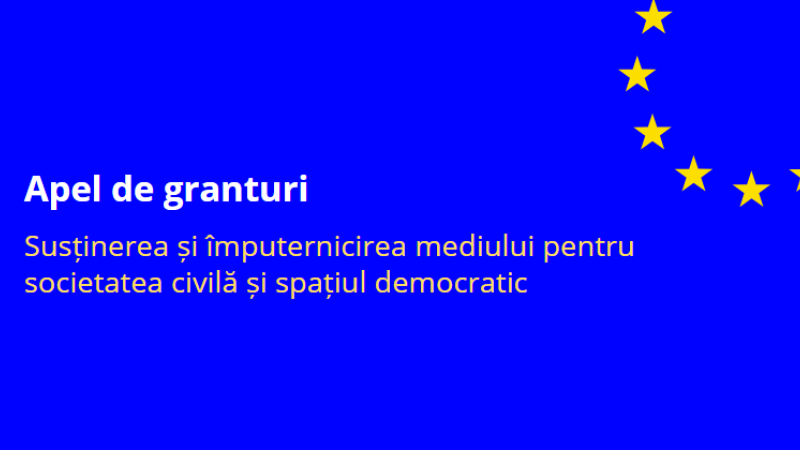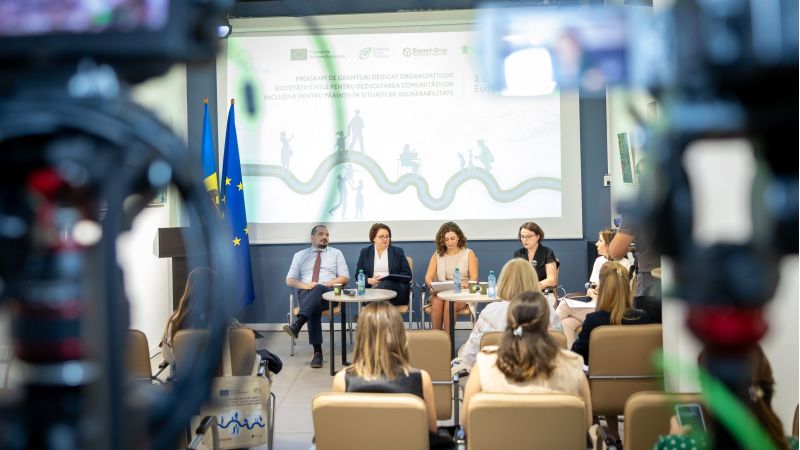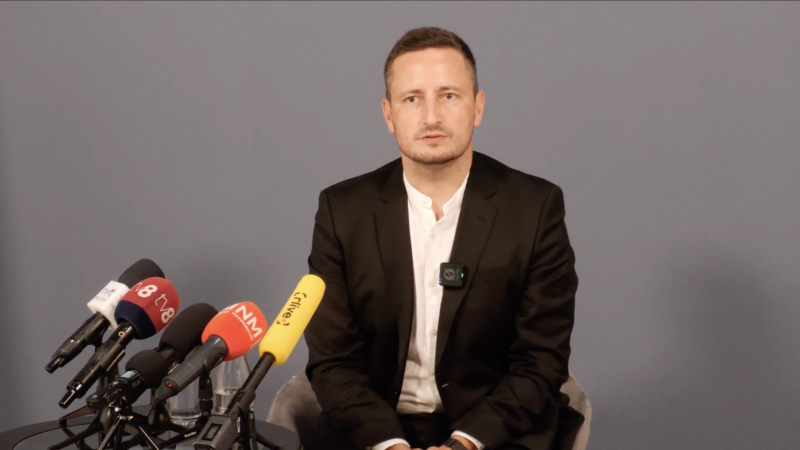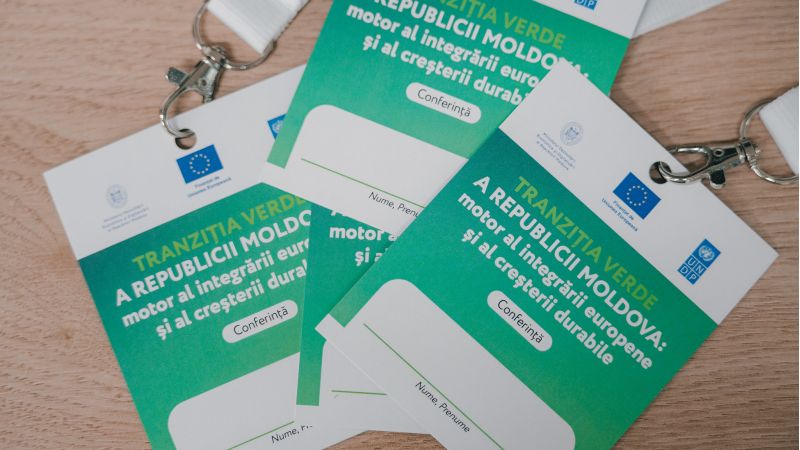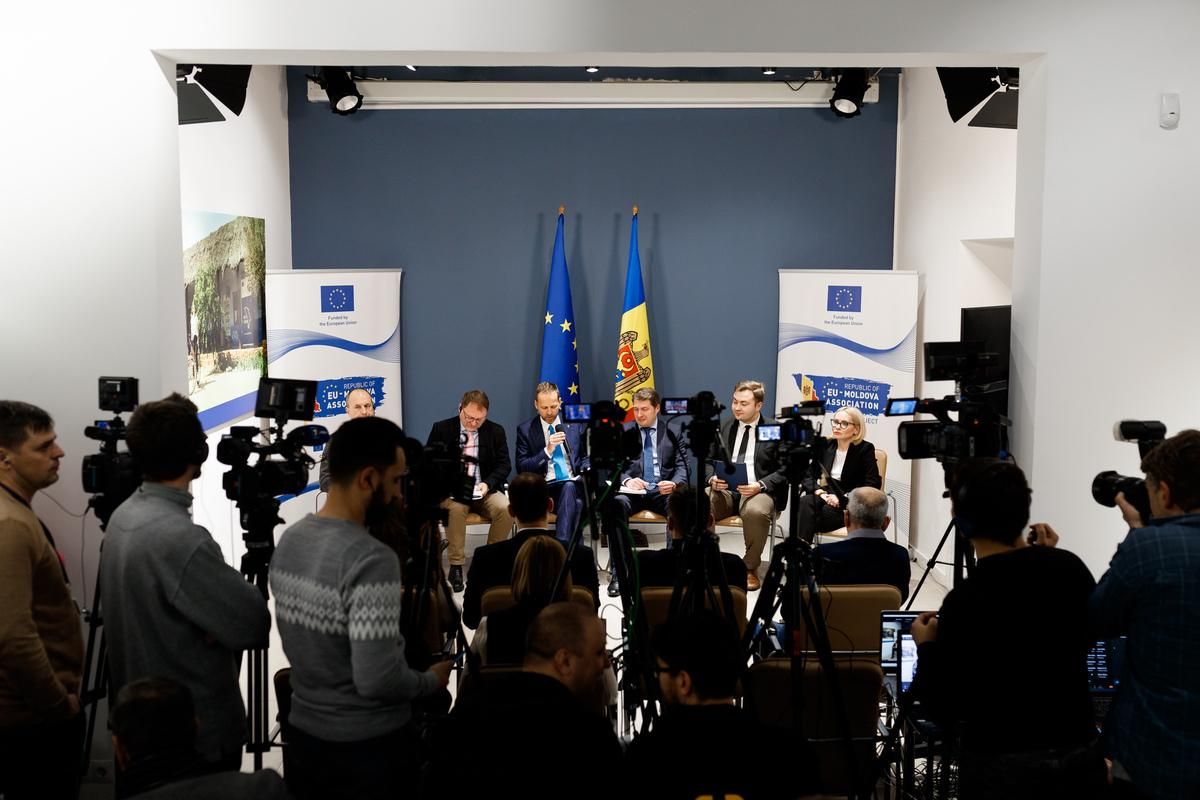
Mai aproape de Uniunea Europeană: Republica Moldova își aliniază legislația națională la cea europeană
Procesul de integrare europeană are o importanță majoră pentru Republica Moldova și reprezintă o componentă de bază a strategiei de dezvoltare a țării. Acest proces amplu constituie nu doar o chestiune politică și economică, dar și juridică, în special armonizarea și conformitatea legislației naționale cu acquis-ul comunitar.
Acest subiect a fost pe deplin dezvoltat în manualul „Armonizarea legislației ca element cheie pentru succesul procesului de integrare a Republicii Moldova în Uniunea Europeană”, lansat pe 12 ianuarie la centrul de informare a UE, Europe Cafe.
Evenimentul a fost prezidat de către Șeful Delegației UE în Republica Moldova, excelența sa, Jānis Mažeiks, Secretarul de Stat al Guvernului, Adrian Băluțel, Șefa Centrului de armonizare a legislației, din cadrul Cancelariei de stat, Natalia Suceveanu, Secretarul de Stat al MAEIE, Vladimir Cuc, dar și de către co-autorii cărții, experții internaționali, juriști practicieni Vladimir Međak și Primož Vehar. La eveniment au participat reprezentanții instituțiilor de stat, ONG-lor dar și mass-media națională.
Lucrarea prezintă informații teoretice și practice privind legislația europeană și principiile de bază de funcționare a instituțiilor Uniunii Europene, explică etapele de bază ale procesului de armonizare legislativă și cadrul național aferent, prezintă pașii următori pentru Republica Moldova în negocierile de aderare la UE și rolul Parlamentului național în acest proces.
„Structura de integrare în UE, bine stabilită și funcțională, este o condiție prealabilă pentru implementarea cu succes a celei mai dificile sarcini pe calea aderării la UE, și anume alinierea juridică. Contrar percepției simpliste, racordarea juridică nu este o metodă simplă prin care țara candidată la UE preia legislația UE prin copierea acesteia în sistemul său juridic. Dimpotrivă, este un proces structurat, sistemic și bine organizat, compus din planificarea, elaborarea și adoptarea de acte normative. Bineînțeles, UE va continua să ofere ajutor și sprijin în acest proces solicitant prin consiliere, schimb de experiență și asistență tehnică. Manualul care este prezentat astăzi este un exemplu al acestui sprijin. Cartea este scrisă în mod foarte practic și reflectă faptul că ambii autori au o mare experiență în acest domeniu”, a menționat excelența sa, Jānis Mažeiks.
Publicația a fost elaborată cu suportul financiar al Uniunii Europene, în cadrul Proiectului „Suport pentru dialogul politic structurat, coordonarea implementării Acordului de Asociere și consolidarea procesului de armonizare a legislației pentru Republica Moldova”, în comun cu Centrul de armonizare a legislației din cadrul Cancelariei de Stat.
În procesul de aderare la Uniunea europeană, Guvernul are sarcina de a gestiona transpunerea în legislația națională a celor 35 capitole ale acquis-ului UE. În acest proces vor fi implicați sute de funcționari publici, manualul fiind o bază solidă de expertiză în acest sens.

